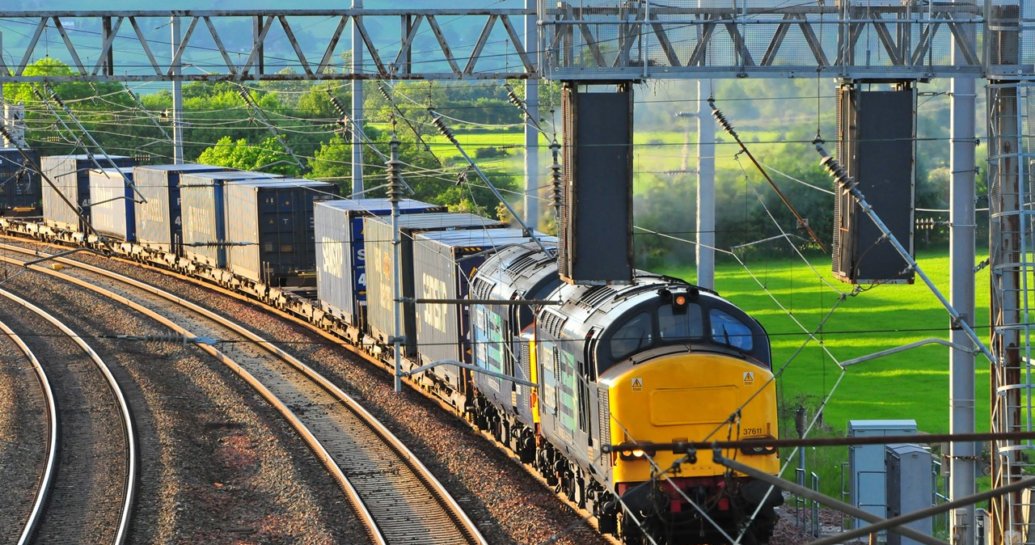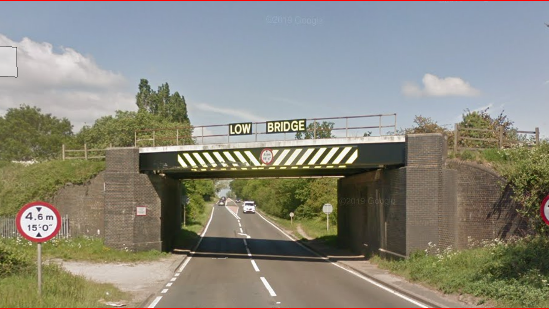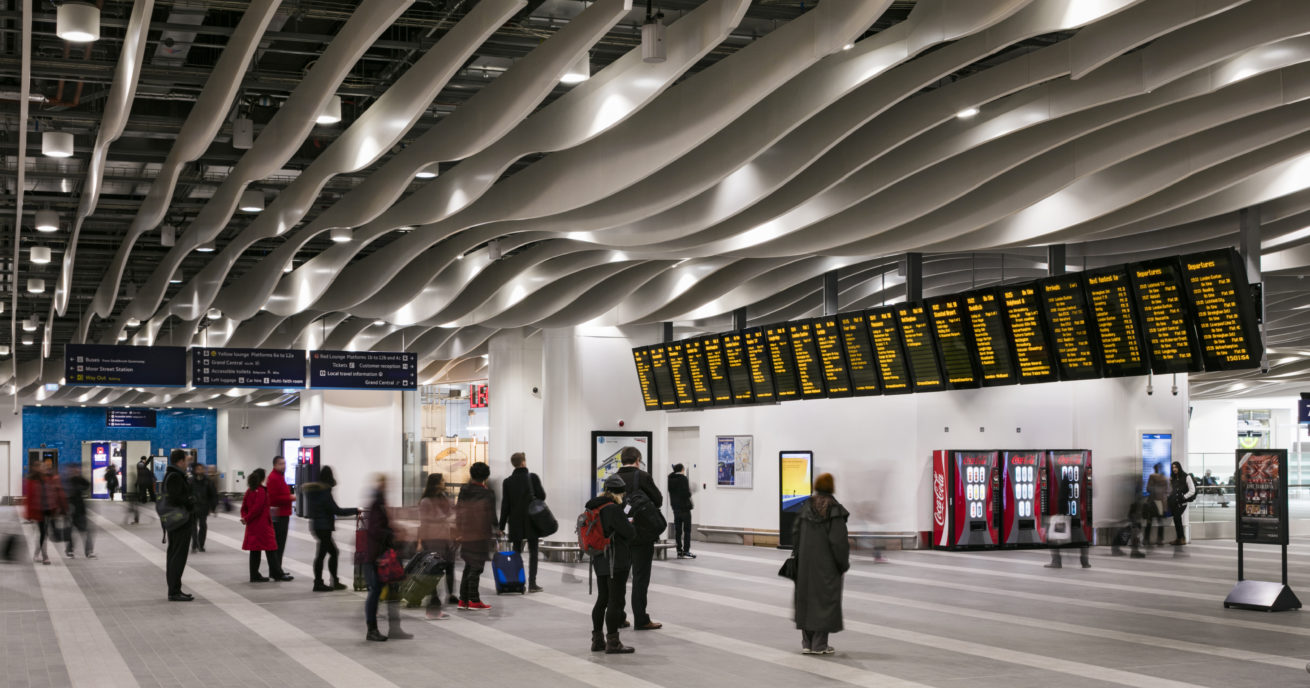Demand for Britain’s rail freight is rising.
This network for transporting essential goods, from clothing to construction materials, is crucial to the country’s productivity and continues to generate billions of pounds of economic benefits.
A report published by Rail Delivery Group, Rail Freight: Working for Britain, outlines the significant improvements made to the network in recent years. It says the rail freight network created more than £1.7bn of economic benefits to the country in 2016.
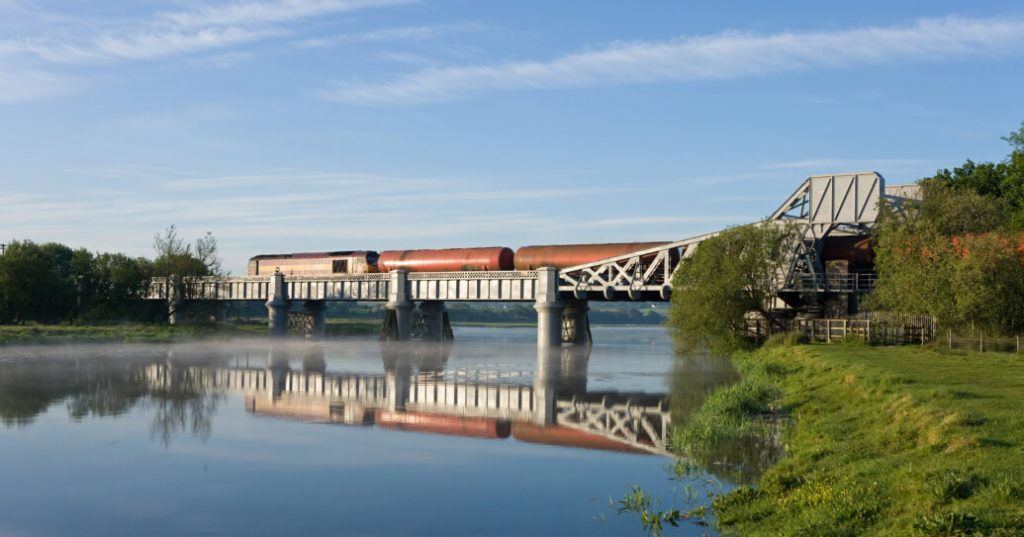
The figure comprises almost £1.2bn of productivity gains for businesses using rail freight instead of the roads, and more than £500m of benefits by cutting road congestion, road accidents, carbon emissions and improving the quality of air.
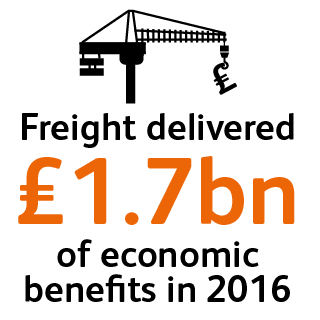
Investment
It follows £2.8bn of investment by freight operators between since 1997, aimed at enhancing capacity and improving performance. Innovations in the past 20 years include more sophisticated wagon designs and more powerful trains to support bigger loads.
The government has directly invested a further £700m in the freight network, removing some of the previous restrictions on gauge and length on core routes.
Improvements
Combined efforts by Network Rail and freight operators to run longer trains have led to greater efficiency and improved business productivity:
Longer trains allow freight operators to run fewer trains, freeing up space for passenger trains. Freight operators have also relinquished more than half of their freight paths in the past three years. Increased competition between operators has led to savings, largely passed on to customers.
Rail freight cuts the costs of transporting goods for Britain’s businesses – a substantial contribution to the productivity of UK plc.
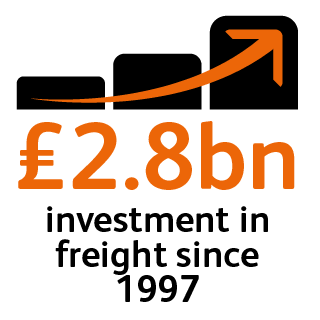
Going digital
Furthermore, digital upgrades to 750 freight trains’ in-cab signalling technology announced in December are set to improve operational performance as part of Britain’s Digital Railway Programme (pictured).
The programme, which aims to accelerate digital technology on the railway, has also identified improved quality of freight paths with enhanced traffic management as a potential area of focus.

More than a quarter of the containers that come through the deep-sea container ports in the South East are moved by rail to and from the major cities and conurbations in the UK.
The report says: “Rail freight already plays a vital role helping businesses to export goods efficiently to and from trading partners outside the EU, providing a direct bridge for UK companies to access overseas markets.”
Read about the positive impact of rail freight
For more information on rail freight please visit www.networkrail.co.uk/freight
